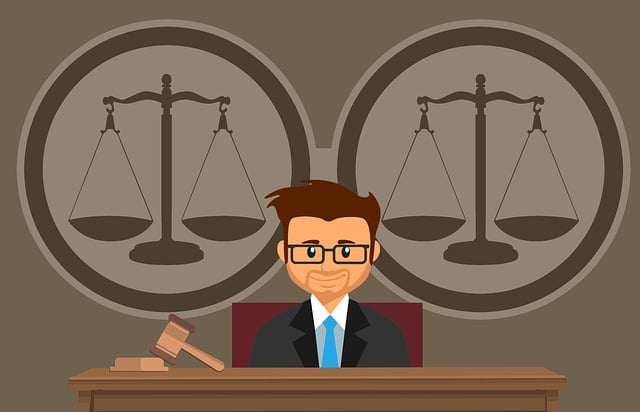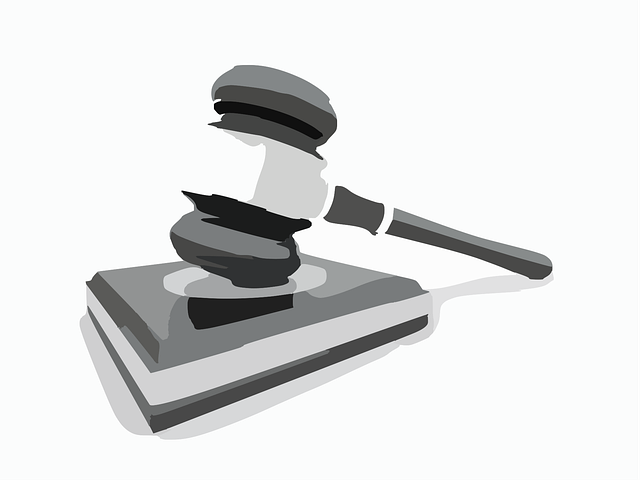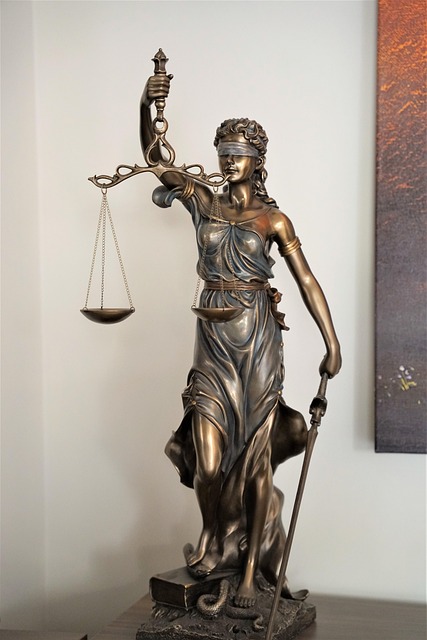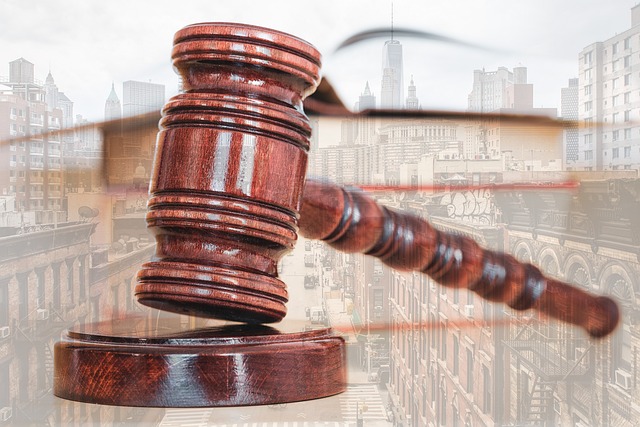The Role of Defense Counsel in Criminal Procedure is essential for businesses and individuals facing regulatory challenges. These attorneys guide clients through complex legal frameworks, ensuring fairness and compliance with consumer protection and environmental standards. By employing strategic defenses, they safeguard individual liberties, maintain regulatory integrity, and foster ethical conduct, acting as key navigators in high-stakes cases involving white-collar and economic crimes.
In today’s complex regulatory landscape, understanding and adhering to legal requirements is paramount, especially within criminal investigations. This article delves into critical aspects of regulatory compliance, offering a comprehensive guide for businesses and legal professionals. We explore the intricacies from a legal perspective, highlighting the significant role of defense counsel in criminal procedure. Through case studies and best practices, we uncover strategies to navigate complex laws, learn from failures, and ensure regulatory integrity. Key topics include the defense counsel’s pivotal role and practical steps for effective compliance.
- Understanding Regulatory Compliance: A Legal Perspective
- The Defense Counsel's Role in Criminal Investigations
- Navigating Complex Laws: Strategies for Compliance
- Case Studies: When Compliance Fails and Consequences
- Best Practices for Maintaining Regulatory Integrity
Understanding Regulatory Compliance: A Legal Perspective

Regulatory compliance goes beyond mere adherence to rules; it’s a legal framework that dictates how businesses and individuals operate within a specific industry. From ensuring consumer protection to upholding environmental standards, regulatory compliance is vital for maintaining order and fairness in the marketplace. The role of defense counsel in criminal procedure plays a significant part in navigating these complexities, especially in cases involving white-collar and economic crimes.
Defense attorneys, acting as guides through all stages of the investigative and enforcement process, are instrumental in interpreting and challenging regulatory standards. Their expertise helps clients understand their rights and obligations, ensuring they remain compliant while protecting themselves from undue penalties. In a landscape fraught with legal intricacies, these professionals employ strategic defenses, advocate for their clients’ interests, and fight for winning challenging defense verdicts, thereby preserving the balance between regulating industries and safeguarding individual liberties.
The Defense Counsel's Role in Criminal Investigations

The Defense Counsel plays a pivotal role in criminal investigations, serving as a beacon of justice for the accused. Their primary responsibility is to ensure that their client’s rights are protected throughout all stages of the investigative and enforcement process. This includes guiding clients on how to navigate the intricate complexities of the legal system, providing strategic advice, and assisting with document preparation. By doing so, Defense Counsel help their clients avoid indictment and work towards winning challenging defense verdicts.
The counsel’s expertise is particularly crucial during high-stakes cases where a person’s freedom hangs in the balance. They scrutinize evidence, identify procedural errors, and craft compelling arguments to undermine the prosecution’s case. Through this meticulous approach, Defense Counsel not only safeguard their client’s interests but also uphold the integrity of the criminal justice system as a whole.
Navigating Complex Laws: Strategies for Compliance

Navigating Complex Laws requires a strategic approach, especially when dealing with criminal procedures and regulatory compliance issues. The Role of Defense Counsel in Criminal Procedure is pivotal in ensuring fairness and guiding clients through intricate legal frameworks. Skilled defense attorneys act as navigators, demystifying complex laws and regulations to help businesses achieve extraordinary results while adhering to their respective business mandates.
They employ tactics such as thorough research, staying abreast of legislative changes, and interpreting statutes to benefit their clients. By understanding the nuances of the law, defense counsel can identify potential pitfalls and develop robust strategies for compliance. This proactive approach not only minimizes legal risks but also fosters a culture of ethical conduct within organizations, ultimately contributing to sustainable business practices.
Case Studies: When Compliance Fails and Consequences

When compliance fails in regulatory matters, the consequences can be severe, often leading to legal repercussions that extend far beyond financial penalties. Case studies illustrate stark examples where non-compliance resulted in criminal charges and significant reputational damage. These incidents highlight the critical role of defense counsel in navigating complex criminal procedures. Legal experts can guide companies through all stages of the investigative and enforcement process, ensuring adherence to regulations and helping to avoid indictment. By employing strategic defenses and leveraging legal loopholes, defense counsel can achieve extraordinary results, mitigating the impact of compliance failures while fostering a culture of regulatory responsibility within organizations.
Best Practices for Maintaining Regulatory Integrity

Maintaining regulatory integrity is paramount for businesses, especially in high-stakes cases where the consequences can be severe. A robust strategy involves integrating ethical practices and staying proactive in adhering to evolving laws. This begins with a comprehensive understanding of applicable regulations and the respective business operations. Regular training sessions for employees at all levels, led by experienced professionals like defense counsel familiar with the Role of Defense Counsel in Criminal Procedure, can ensure everyone is equipped to identify and address compliance issues.
Moreover, implementing a robust internal audit system that includes surprise checks and transparent reporting mechanisms fosters accountability. Organizations should also encourage open communication where concerns can be raised without fear of retaliation. This culture of transparency, combined with an unprecedented track record of regulatory adherence, helps in building a strong defense against potential violations.
Regulatory compliance is a complex landscape that requires constant vigilance, especially within the legal and corporate sectors. By understanding the intricate web of laws and regulations, organizations can better prepare for potential pitfalls. The defense counsel plays a pivotal role in criminal investigations, offering expertise and strategic guidance to ensure fair procedures. Navigating these complex laws demands proactive strategies and a deep dive into best practices. As evidenced by case studies, non-compliance can lead to severe consequences, underscoring the importance of maintaining regulatory integrity. In light of these considerations, adopting robust compliance measures, leveraging legal counsel effectively, and staying informed about evolving regulations are essential steps towards navigating this challenging yet vital aspect of modern business.






